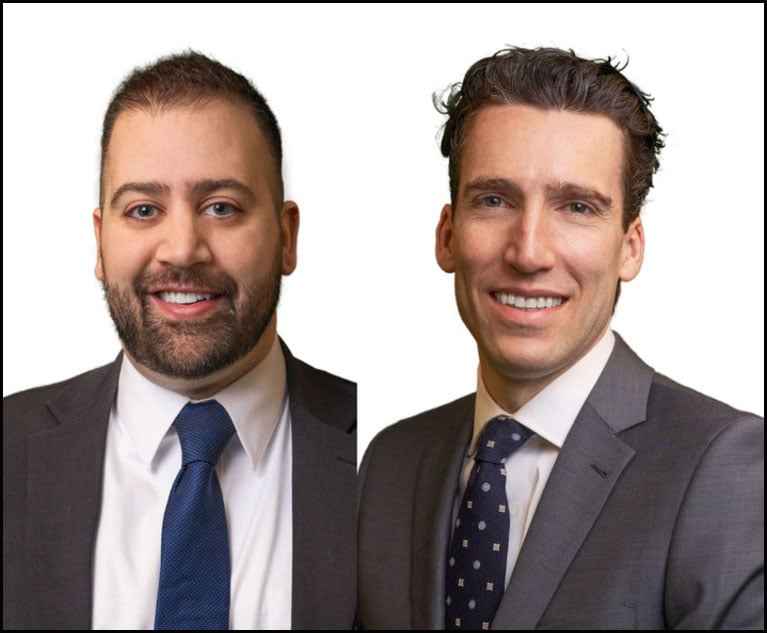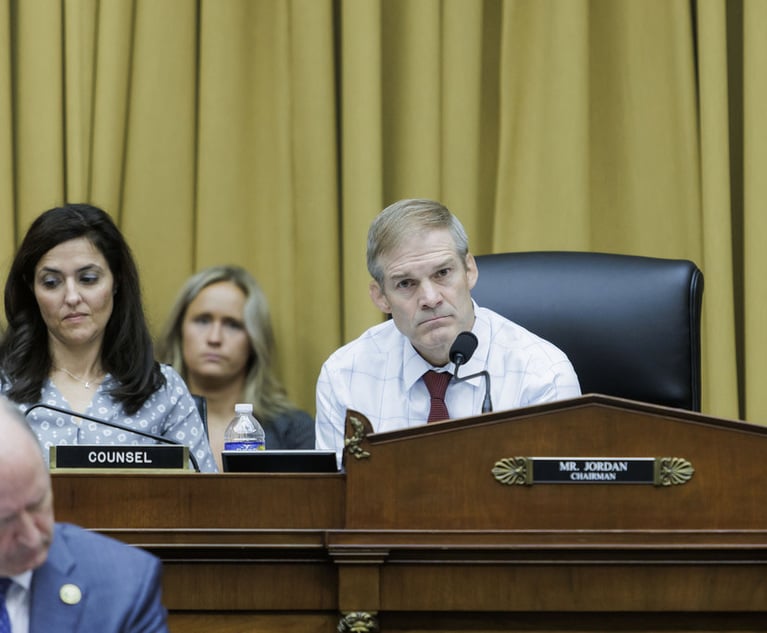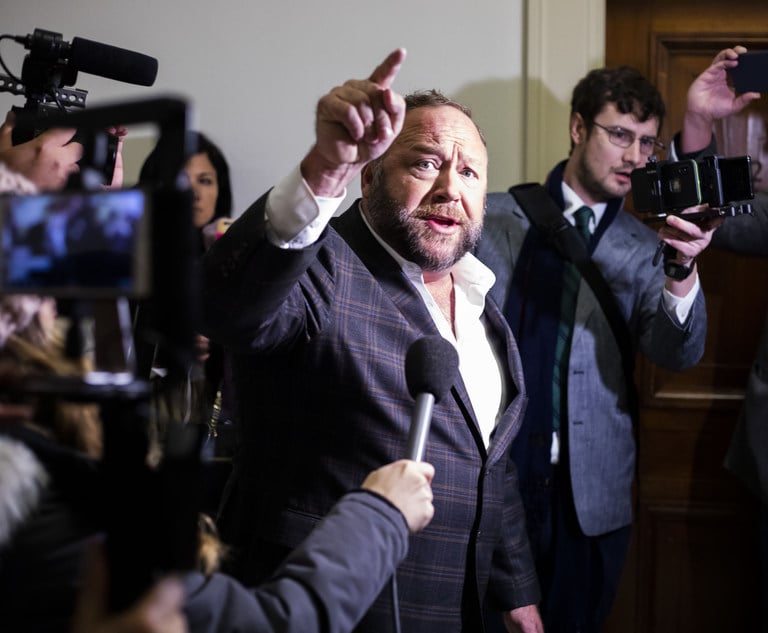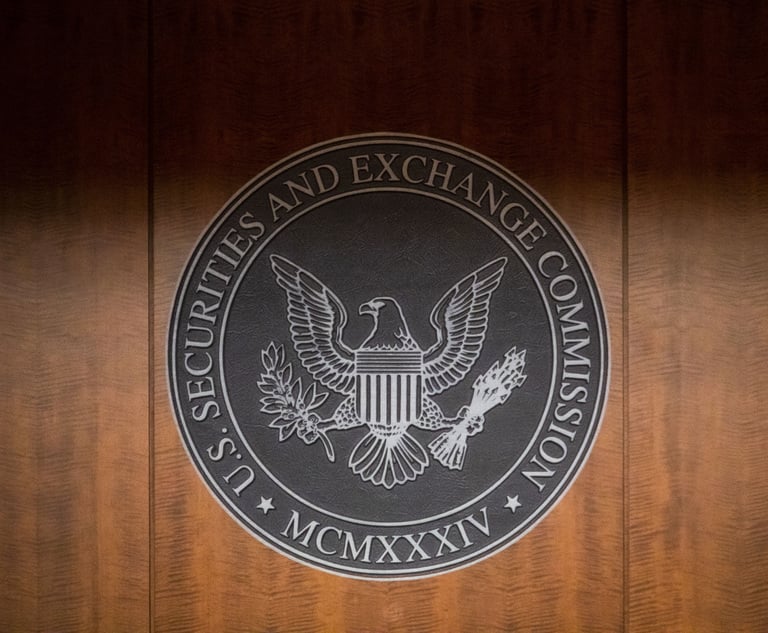 According to the suit, those manufacturers have aggressively increased their prices for Insulin far beyond the prices they would have charged if there were no kickback scheme. (Photo: Shutterstock)
According to the suit, those manufacturers have aggressively increased their prices for Insulin far beyond the prices they would have charged if there were no kickback scheme. (Photo: Shutterstock)A group of drug manufacturers and pharmacy benefit managers are accused in a class action suit of artificially inflating prices for analog insulin.
The suit claims drug manufacturers Eli Lilly and Co., Novo Nordisk and Sanofi Aventis U.S. maintain or increase their sales by paying bribes and kickbacks to pharmacy benefit managers CVS, Express Scripts, Medco Health Solutions, United Health and OptumRX in the form of rebates, fees, discounts or other payments or financial incentives in exchange for inclusion or favorable placement of the manufacturers' respective Insulin products on the defendant's formularies.
According to the suit, those manufacturers have aggressively increased their prices for Insulin far beyond the prices they would have charged if there were no such scheme.
The suit was brought on behalf of direct purchasers of insulin by Rochester Drug Co-Operative, a drug distributor in Rochester, N.Y. The suit was filed March 31 in U.S. District Court in Newark, N.J. Analog insulin medications covered by the complaint are Humalog, Basaglar, Fiasp, Novolog, Levemir, Tresiba, Apidra, Lantus, and Toujeo.
The suit notes that CVS Caremark, Express Scripts and OptumRX collectively control 85 percent of the PBM market. Health plans have delegated to the PBMs control over negotiation of rebates with drug manufacturers and the structure and composition of formularies, which are a significant factor in influencing purchasing patterns for drugs, the suit asserts. With influence over which drugs will be covered by health insurers, and thus which drugs will be prescribed, PBMS are "natural targets for the defendant drug manufacturers' bribes," the suit claims.
In court papers, the plaintiffs cite a March 2019 Pew Research Center study that found rebates paid by drug manufacturers to PBMs increased from $10.2 billion in 2012 to $29.1 billion in 2016. Meanwhile, the plaintiff asserts, PBM revenues from rebates and fees virtually doubled– rom $11.6 billion in 2012 to $22.4 billion in 2016. That category of revenue grew sharply, the suit claims, because PBMs retained increased percentages of rebates for themselves and increasingly took their payments from manufacturers in the form of fees that are not shared with their health-plan clients.
PBMs historically acted in their health-plan clients' interests by using their formulary power to favor lower-priced drugs, according to the suit, but in the last decade PBMs have been bribed to eliminate the price-disciplining effects of competition.
"This has created a perverse incentive for the defendant PBMs to give preferential formulary status to higher-priced drugs which come with higher payments to the PBMs, even if doing so is contrary to the health plan clients' interest in favoring lower-priced drugs; and for drug manufacturers such as the defendant drug manufacturers to use high rebate and fee payments to purchase favorable formulary status from defendant PBMs, instead of trying to ensure favorable formulary status by lowering list prices or limiting list price increases," the suit states.
Novo Nordisk spokesman Ken Inchausti said in a statement, "We plan to vigorously defend ourselves in this matter. At Novo Nordisk, we have a longstanding commitment to supporting patients' access to our medicines."
Sanofi spokesman Jon Florio said in a statement, "We strongly believe the allegations have no merit, and we will defend ourselves against these claims.
Drew Krejci, an OptumRx spokesman, said in a statement, "OptumRx is committed to providing affordable access to prescription drugs and ensuring the lowest costs for consumers and payers. We believe this case has no merit and will vigorously defend ourselves."
The other defendants in the suit did not respond to requests for comment.
This content has been archived. It is available through our partners, LexisNexis® and Bloomberg Law.
To view this content, please continue to their sites.
Not a Lexis Subscriber?
Subscribe Now
Not a Bloomberg Law Subscriber?
Subscribe Now
NOT FOR REPRINT
© 2024 ALM Global, LLC, All Rights Reserved. Request academic re-use from www.copyright.com. All other uses, submit a request to [email protected]. For more information visit Asset & Logo Licensing.
You Might Like
View All

How Big Law Congressional Investigation Practices Will Stay Busy in 2025
5 minute read

'Final Countdown': SEC Launches Nearly 800% Litigation Surge in October
3 minute readTrending Stories
- 1Nelson Mullins, Greenberg Traurig, Jones Day Have Established Themselves As Biggest Outsiders in Atlanta Legal Market
- 2Immunity for Mental Health Care and Coverage for CBD: What's on the Pa. High Court's November Calendar
- 3How to Support Law Firm Profitability: Train Partners Up
- 4Elon Musk Names Microsoft, Calif. AG to Amended OpenAI Suit
- 5Trump’s Plan to Purge Democracy
Who Got The Work
Michael G. Bongiorno, Andrew Scott Dulberg and Elizabeth E. Driscoll from Wilmer Cutler Pickering Hale and Dorr have stepped in to represent Symbotic Inc., an A.I.-enabled technology platform that focuses on increasing supply chain efficiency, and other defendants in a pending shareholder derivative lawsuit. The case, filed Oct. 2 in Massachusetts District Court by the Brown Law Firm on behalf of Stephen Austen, accuses certain officers and directors of misleading investors in regard to Symbotic's potential for margin growth by failing to disclose that the company was not equipped to timely deploy its systems or manage expenses through project delays. The case, assigned to U.S. District Judge Nathaniel M. Gorton, is 1:24-cv-12522, Austen v. Cohen et al.
Who Got The Work
Edmund Polubinski and Marie Killmond of Davis Polk & Wardwell have entered appearances for data platform software development company MongoDB and other defendants in a pending shareholder derivative lawsuit. The action, filed Oct. 7 in New York Southern District Court by the Brown Law Firm, accuses the company's directors and/or officers of falsely expressing confidence in the company’s restructuring of its sales incentive plan and downplaying the severity of decreases in its upfront commitments. The case is 1:24-cv-07594, Roy v. Ittycheria et al.
Who Got The Work
Amy O. Bruchs and Kurt F. Ellison of Michael Best & Friedrich have entered appearances for Epic Systems Corp. in a pending employment discrimination lawsuit. The suit was filed Sept. 7 in Wisconsin Western District Court by Levine Eisberner LLC and Siri & Glimstad on behalf of a project manager who claims that he was wrongfully terminated after applying for a religious exemption to the defendant's COVID-19 vaccine mandate. The case, assigned to U.S. Magistrate Judge Anita Marie Boor, is 3:24-cv-00630, Secker, Nathan v. Epic Systems Corporation.
Who Got The Work
David X. Sullivan, Thomas J. Finn and Gregory A. Hall from McCarter & English have entered appearances for Sunrun Installation Services in a pending civil rights lawsuit. The complaint was filed Sept. 4 in Connecticut District Court by attorney Robert M. Berke on behalf of former employee George Edward Steins, who was arrested and charged with employing an unregistered home improvement salesperson. The complaint alleges that had Sunrun informed the Connecticut Department of Consumer Protection that the plaintiff's employment had ended in 2017 and that he no longer held Sunrun's home improvement contractor license, he would not have been hit with charges, which were dismissed in May 2024. The case, assigned to U.S. District Judge Jeffrey A. Meyer, is 3:24-cv-01423, Steins v. Sunrun, Inc. et al.
Who Got The Work
Greenberg Traurig shareholder Joshua L. Raskin has entered an appearance for boohoo.com UK Ltd. in a pending patent infringement lawsuit. The suit, filed Sept. 3 in Texas Eastern District Court by Rozier Hardt McDonough on behalf of Alto Dynamics, asserts five patents related to an online shopping platform. The case, assigned to U.S. District Judge Rodney Gilstrap, is 2:24-cv-00719, Alto Dynamics, LLC v. boohoo.com UK Limited.
Featured Firms
Law Offices of Gary Martin Hays & Associates, P.C.
(470) 294-1674
Law Offices of Mark E. Salomone
(857) 444-6468
Smith & Hassler
(713) 739-1250










